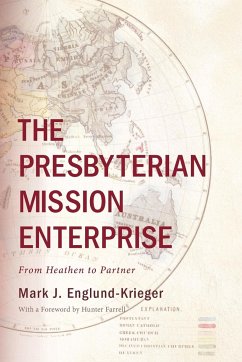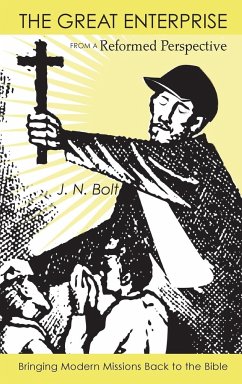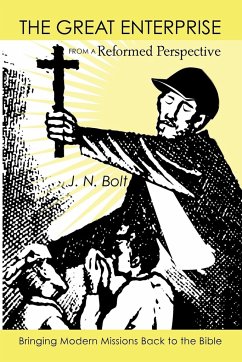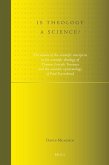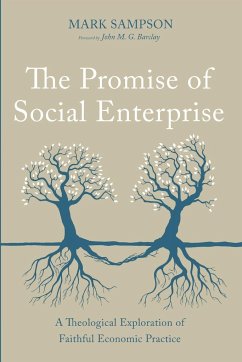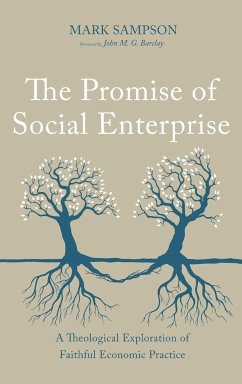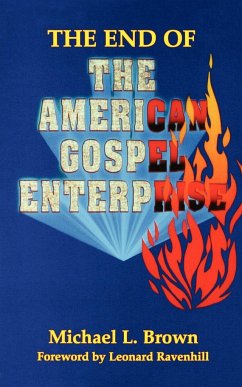Those Christians who work in missionary settings among non-Christians learned an important lesson long ago about communicating the gospel. You can build the church, ring the bell, and hope that folks will find their way to your doorstep. Or you can immerse yourself in the culture, build relationships, and minister to people where they are. It is the latter route that bears the greatest fruit, and the greatest similarity to Jesus' own practice of ministry. As churches in North America seek to grow and minister more effectively, they would do well to remember that they, too, are living in an increasingly non-Christian culture. The churches that will succeed in reaching out to the unchurched in this society are those that have learned how to encounter such people in their own territory. Kent Hunter tells the stories of churches where this kind of outreach has become the norm. More importantly, he also provides other churches the tools they need to identify the particular opportunities their context presents, and ways to take advantage of those opportunities to present the gospel to those most in need of it.


